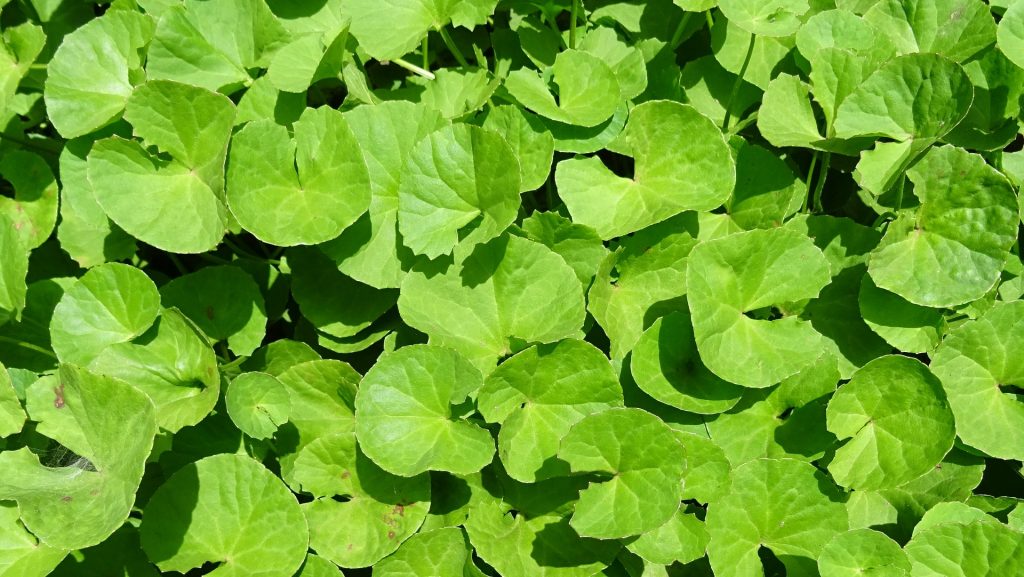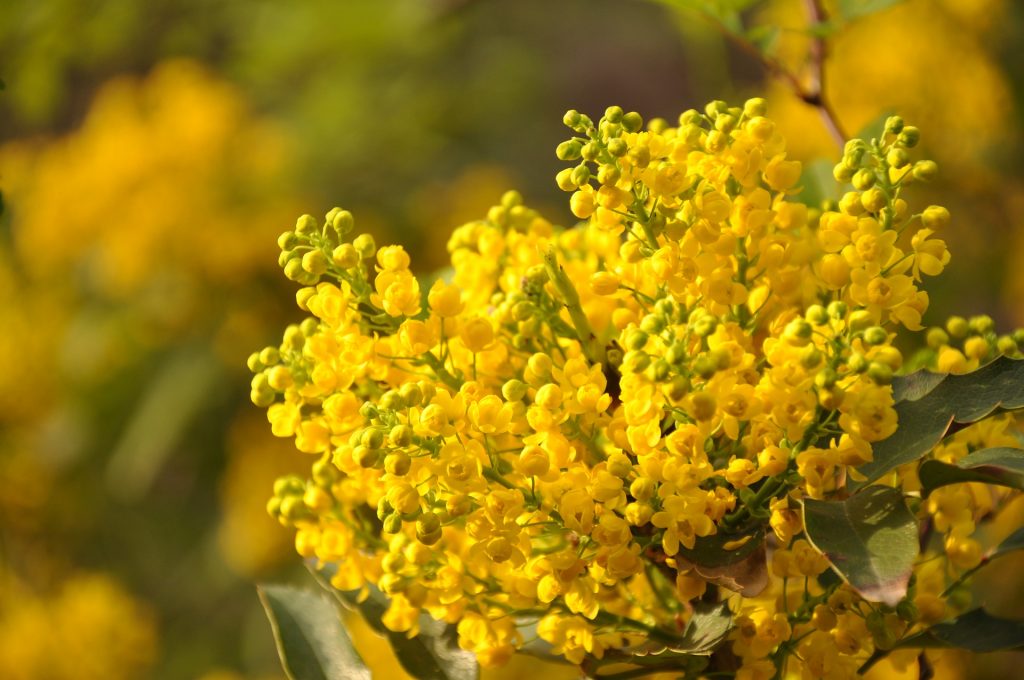 Adaptogenic herbs are a group of herbs with particular physiological properties in animals and humans. Adaptogens are characterised by their ability to allow the consumer to adapt to stressful conditions, and thus negate many of the detrimental effects that stress can cause. In this respect that can be considered as anti-stress agents. Adaptogenic herbs may also possess mood elevating and cognitive enhancing effects. A large number of plants are known to have adaptogenic properties in animals and humans, but perhaps the three most commercially important and well known are Panax ginseng (korean ginseng), Rhodiola rosea (roseroot) and Withania somnifera (withania, ashwagandha, or Indian ginseng). All three of these adaptogens are available in supplemental form and so can readily be purchased and self medicated. Other less commonly known adaptogenic herbs include mimosa (Albizia julibrissin), brahmi (Bacopa monnieri), Siberian ginseng (Eleutherococcus senticosus) and sour date (Ziziphus jujuba).
Adaptogenic herbs are a group of herbs with particular physiological properties in animals and humans. Adaptogens are characterised by their ability to allow the consumer to adapt to stressful conditions, and thus negate many of the detrimental effects that stress can cause. In this respect that can be considered as anti-stress agents. Adaptogenic herbs may also possess mood elevating and cognitive enhancing effects. A large number of plants are known to have adaptogenic properties in animals and humans, but perhaps the three most commercially important and well known are Panax ginseng (korean ginseng), Rhodiola rosea (roseroot) and Withania somnifera (withania, ashwagandha, or Indian ginseng). All three of these adaptogens are available in supplemental form and so can readily be purchased and self medicated. Other less commonly known adaptogenic herbs include mimosa (Albizia julibrissin), brahmi (Bacopa monnieri), Siberian ginseng (Eleutherococcus senticosus) and sour date (Ziziphus jujuba).

A number of adaptogenic herbs are known. These include Panax ginseng (korean ginseng), Rhodiola rosea (roseroot), Withania somnifera (withania, ashwagandha, or Indian ginseng), mimosa (Albizia julibrissin), brahmi (Bacopa monnieri), Siberian ginseng (Eleutherococcus senticosus) and sour date (Ziziphus jujuba). Pictured is brahmi leaves.
While mimosa, brahmi, Siberian ginseng and sour date are less well known herbal remedies in the West, all have a long history of use in traditional medicine around the world. In this respect there is no evidence to suggest they are less effective as adaptogenic agents as Korean ginseng, rhodiola or withania. All adaptogens work by altering brain chemistry. In this regard, the main anti-stress mechanism of action is common to all adaptogens. Adaptogens appear to be able to lower levels of stress hormones, particularly cortisol. It is likely that this ability to lower cortisol levels may come through a direct mechanism that lowers cortisol production in the brain. The anti-stress effects of adaptogenic herbs makes them very useful therapies for those who are under undue stress for short periods, and has also made them appealing to athletes undergoing heavy training. Animal studies show that adaptogenic herbs are able to significantly reduce the stress response of animals to stressful conditions and human studies support this data.

Adaptogenic herbs have a general anti-stress effect in humans and this explains their historical use as such in traditional medicine. All these herbs also appear to have mood elevating effects, which may make them particularly useful at treating anxiety and depression. The mood elevating effects of the herbs may derive from the presence of compounds such as flavonoids and terpenes in the herbs, whereas the anti-stress effect may relate to the presence of compounds such as steroidal saponins, steroidal lactones, terpene saponins and cinnamyl alcohol glycosides. Pictured is mimosa flower.
It is unclear exactly how adaptogenic herbs are able to have their anti-stress effects, but each of the herbs contains a group of chemicals that are structurally similar to the steroid hormones found in humans and animals. These are often steroidal saponins, terpenoid saponins or steroidal lactones, and the inference is that these compounds can lock onto the same receptors as the cortisol molecule (which is also based on a steroid structure) and thus influence stress hormone output. These steroidal compounds have been isolated in most of the adaptogenic herbs and include molecules such as the ginsenosides, withanolides, jujuboside, julibrosides, bacosides and eleutherosides, in Korean ginseng, withania, sour date, mimosa, brahmi and Siberian ginseng, respectively. In contrast the active constituent of rhodiola is a group of chemicals called the rosavins, which are cinnamyl alcohol glycosides. Rosavins are characterised by a similar multi-ring structure suggesting they could also have similar physiological properties to steroids.
Adaptogenic herbs also have mood elevating effects and this may make them particularly useful in the treatment of mood disorders such as depression and anxiety. Many animal studies have been performed on adaptogenic herbs and they seem to all share this mood elevating effect. This effect could be partly due to the anti-stress effects of the herbs. However, other compounds such as flavonoids and terpenes may be present in the herbs and these may contribute significantly to the mood elevating effects. Interestingly the anti-stress and mood elevating effects of the herbs may also have other beneficial effects. Many adaptogenic herbs have been shown to improve cognitive ability, even in those without any measurable cognitive decline. In this regard, adaptogenic herbs may be useful during periods of stress where cognitive ability is paramount, such as when students are under periods of exam stress. In fact many studies have shown improvements in test and exam performance following even single uses of adaptogenic herbs.
Eat Well, Stay Healthy, Protect Yourself
RdB
